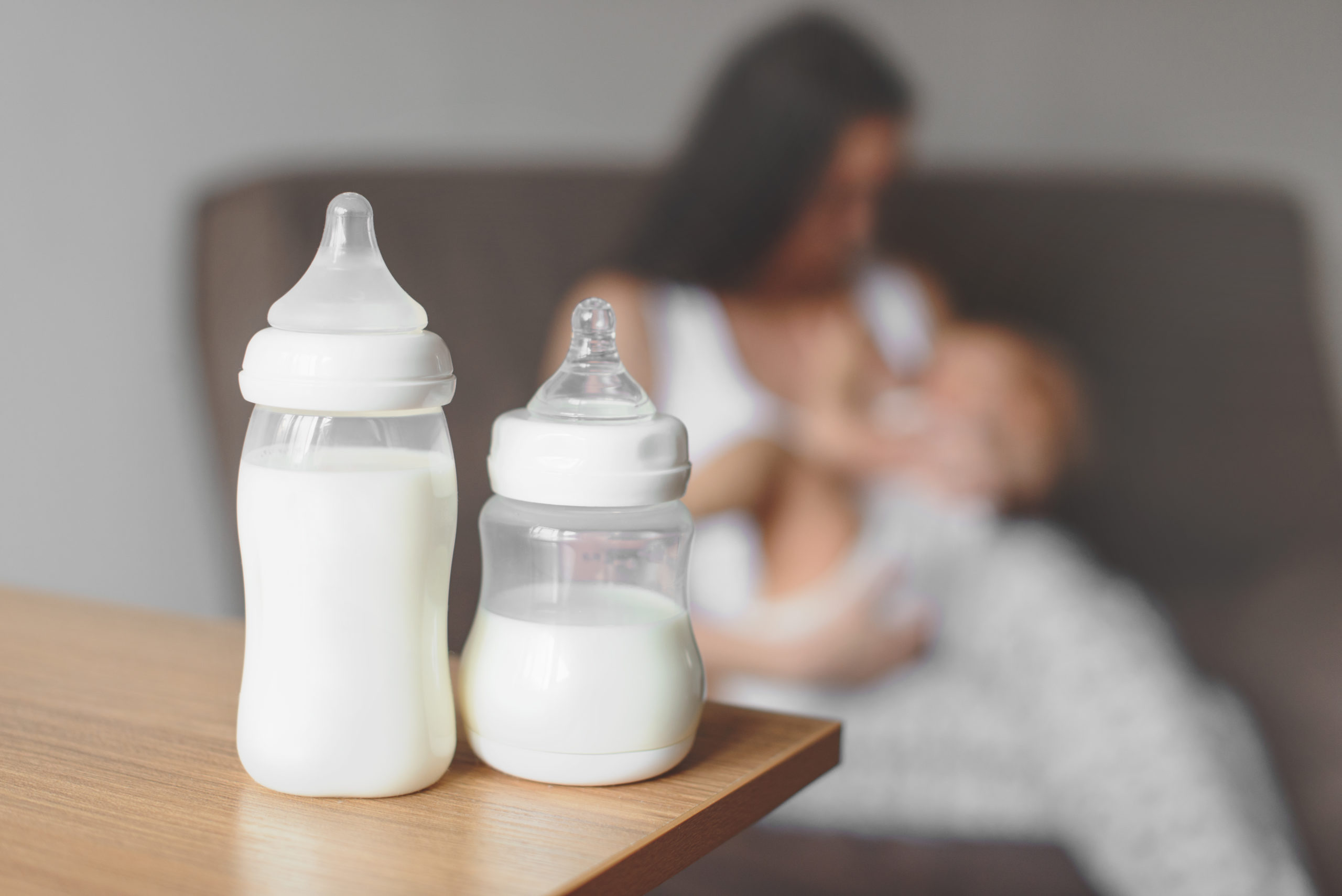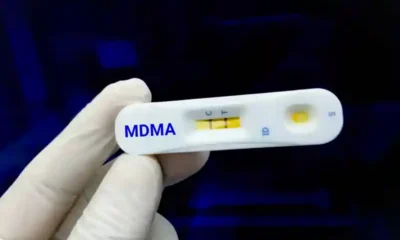Connect with us
Published
3 years agoon

Legalization of cannabis has been associated with the increased use in a number of populations, including people of childbearing age, pregnant people and those who have recently given birth; a recent study also shows that the pandemic may have exacerbated cannabis use by pregnant people.
The American Academy of Pediatrics rolled with these observations, taking a closer look at THC, breast milk and preterm babies to gauge the impacts.
THC has been shown to pass into breast milk, causing concern for prenatal and post-natal exposure via breast milk; so, researchers sought out to investigate this correlation, specifically looking at preterm babies.
The study “Maternal Marijuana Use During Pregnancy and Breastfeeding: Assessing In-Hospital Outcomes of Early Preterm Infants”—which will be presented at the virtual American Academy of Pediatrics National Conference—analyzed medical records of 763 early preterm infants (which they define as <34 weeks gestational age, or GA) from 2014 to 2020. Of these, 17 percent of birthing people tested positive for THC at the time of delivery.
Natalie L. Davis, abstract author, associate professor of pediatrics at the University of Maryland School of Medicine and attending neonatologist at the University of Maryland Children’s Hospital, noted that providing THC-positive breast milk to preterm infants has been controversial since long-term effects of the exposure remain unknown.
“For this reason, we continue to strongly recommend that women avoid marijuana use while pregnant and while nursing their babies,” Davis said. “Our study, however, did provide some reassuring news in terms of short-term health effects. It definitely indicates that more research is needed in this area to help provide women and doctors with further guidance.”
This is especially of interest with preterm infants, as science shows feeding preterm babies breast milk is one of the best ways to improve their outcomes and leads to fewer infections, intestinal issues, improved brain growth and better overall brain development than if the infant were drinking formula.
The researchers compared preterm infants fed breast milk from THC-positive parents to those who were fed formula or breast milk and found no differences in short-term impacts, including breathing difficulties, lung development and feeding issues. They found overall that preterm babies born to people who tested positive for cannabis at delivery had comparable health by the time they were discharged when they were fed breast milk in comparison to those who did not receive breast milk.
The research also notes that, when controlling for variables, the only significant predictors in intraventricular hemorrhage (IVH) were antenatal steroids, delivery mode and birth GA; they note THC status or milk status were not considered significant predictors for IVH.
Researchers also noted that those who tested positive for THC were also more likely to be late to prenatal care, and those who did not provide milk at all were more likely to receive no prenatal care.
Davis noted that variables like this can make it more challenging to tackle studies on these topics involving THC and its potential effects.
“Teasing out the effects of THC can be very difficult to study,” Dr. Davis said. “We found that women who screened positive for THC were frequently late to obtain prenatal care, which can have a detrimental effect on their baby separate from marijuana use. This is important to note for future public health interventions.”
The study ultimately found no evidence that providing milk from THC-positive parents was detrimental to the health of the studied, early preterm population through hospital discharge.
However, due to the short-term nature of the study, researchers said that a better understanding of longer-term outcomes associated with THC exposure, both in-utero and postnatally, via breast milk would be helpful to inform appropriate interventions, to improve clinical outcomes and to safely encourage breastfeeding, even among birthing people who have tested positive for THC, in the future.


Congressional Progressive Caucus Says Dems Can Legalize MJ By Winning House, Senate Majorities This November


Cannabis Industry Has 440,000 Full-Time Workers


Federal Register Proposes Adding Fentanyl, Removing MDMA From Drug Testing Panels


Feds File Charges Against Maine Weed Grower After Probe Spanning 20 States


The Cannabis Market Is Booming in Japan


German Authorities to Ban Cannabis Smoking, Vaping at Festivals Including Oktoberfest
